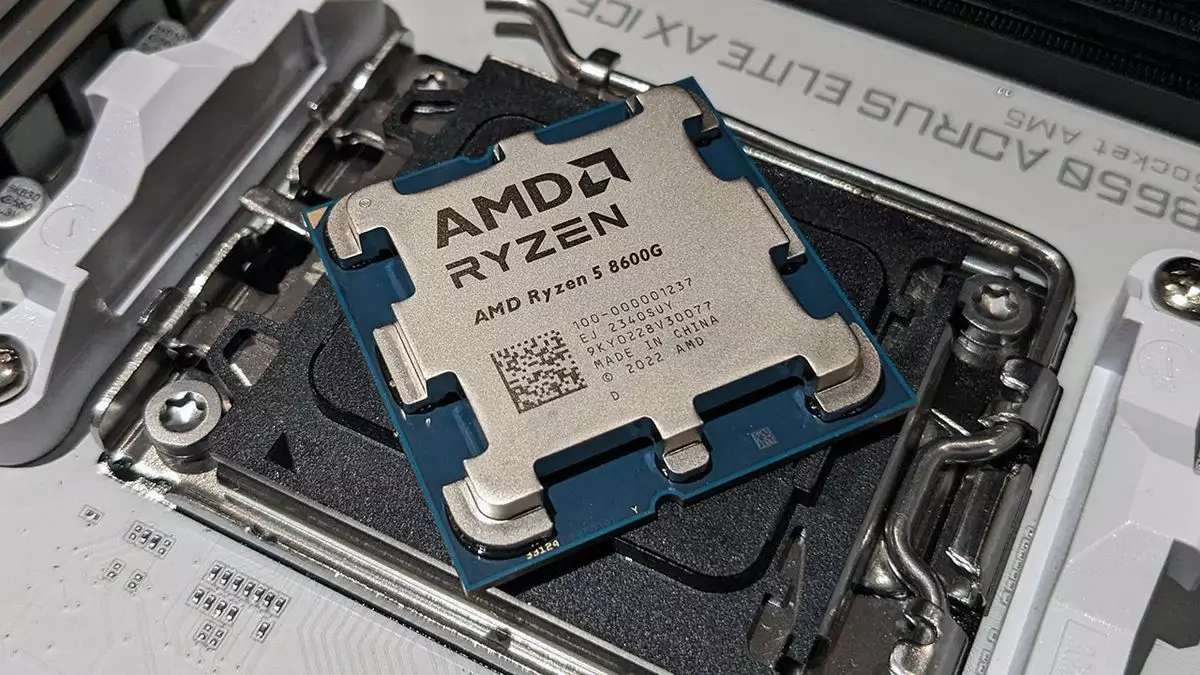In a recent post by QYE on Chinese discussion forum Chiphell, the tech community was introduced to the AMD Ryzen Pro 7300G and Ryzen 5 Pro 7500G chips. These chips, part of the 7000G-series, came as a surprise to many as they deviated from the expected naming convention. At a time when most “G” SKUs were in the 8000-series, the appearance of these 7000G-series chips raised eyebrows in the industry.
Upon closer inspection, it became apparent that the Ryzen Pro 7300G and 7500G were likely pre-rebranded versions of the 8500G and 8300G chips, respectively. These early iterations hinted at AMD’s process of transitioning certain models into the 8000-series. This move, while seemingly confusing, was part of AMD’s strategy to streamline its product lineup and bring more clarity to its offerings.
AMD’s naming conventions have often been a subject of criticism and confusion within the tech community. From introducing “F” chips to denote disabled graphics to aligning desktop and mobile processor names, AMD has ventured into uncharted territory with its naming schemes. The introduction of the Ryzen 9000-series marked a significant leap forward for AMD, signaling a new generation of processors with potentially new motherboard chipset requirements.
In the midst of AMD’s naming conventions, Intel has also made changes to its own branding strategies. Moving away from Core 15th Gen naming to Core Ultra 200-series, Intel has sought to differentiate its product offerings and create a clearer hierarchy within its lineup. However, this shift has led to further confusion among consumers who are already grappling with an abundance of technical information.
As technology enthusiasts navigate the ever-evolving landscape of processors and chips, it is essential to stay informed and aware of the latest developments. While the industry may be rife with complex naming schemes and rebranding efforts, it is crucial for consumers to understand the underlying technology and performance metrics that truly matter.
AMD’s Ryzen Pro 7300G and 7500G chips serve as a reminder of the intricacies involved in product naming and branding in the tech industry. By analyzing these naming conventions and understanding the context behind them, consumers and enthusiasts alike can make more informed decisions when selecting components for their systems.

